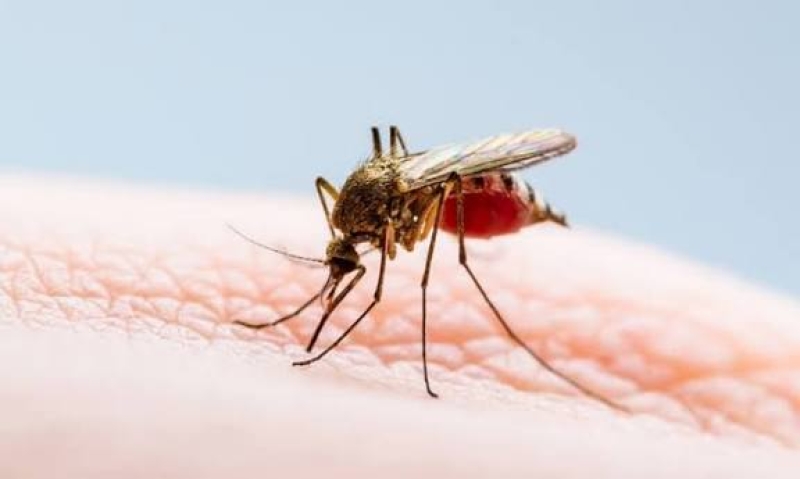- UN Launches $33 Billion Appeal to Aid 135 Million People |
- CA urges united efforts to stop food contamination voicing concern |
- Tarique obliquely slams Jamaat for ‘propaganda’ against BNP echoing AL |
- Medical team hopeful about Khaleda’s recovery in Bangladesh |
- Beanibazar green cover shrinks, migratory birds disappear |
Bangladesh sees October as worst month for dengue deaths

October 2025 emerged as the deadliest month for dengue fever in Bangladesh this year, claiming 80 lives and recording the highest number of cases, according to the Directorate General of Health Services (DGHS).
The DGHS data shows that the country logged 2,250 dengue cases in October alone , the highest monthly total of the year, reflecting a worrying surge of the mosquito-borne disease that has become a recurring public health threat.
The health authorities logged 76 Dengue deaths in September, 41 in July and 39 in August.
The death toll reached 278 in 10 months till October.
Meanwhile, 506 new dengue cases were reported in 24 hours on Friday, raising the number of confirmed cases to 69,862 this year.
DGHS Director General Prof Dr Md. Abu Jafor said the number of dengue infections is higher than last year but the death rate is lower.
He came up with this information at a press briefing held on October 9.
Last year, dengue claimed the lives of 575 people.
Of the total fatalities this year, 134 were reported under Dhaka South City Corporation, 41 under Dhaka North City Corporation, 40 in Barishal division, 25 in Chattogram division, 12 in Mymensingh division, eight in Khulna, three in Dhaka division (outside city corporation areas), and one in Sylhet division.
Over the first ten months of 2025, Barishal City Corporation recorded the highest 17,224 dengue cases, followed by Dhaka division (outside city areas) with 11,548, Chattogram division 10,092, Dhaka South City Corporation 10,192, Dhaka North City Corporation 9,112, Khulna 3,543, Mymensingh 2,203, Rajshahi 4,298, Rangpur 794, and Sylhet 239.
Dengue, a mosquito-borne viral infection transmitted by Aedes mosquitoes, has turned into an endemic disease in Bangladesh in recent years.
Health experts attribute this growing menace to the impacts of climate change, which have made the country’s environment increasingly favourable for the breeding and survival of Aedes aegypti and Aedes albopictus mosquitoes.
Erratic rainfall, prolonged monsoon seasons, waterlogging, and rising temperatures have expanded mosquito habitats, leading to more frequent and intense outbreaks.
Experts also warn that traditional control measures such as fogging and larvicide use may no longer be sufficient as mosquito behaviour and breeding patterns are evolving.
They stress the need for rigorous scientific research to understand how climate change is influencing the life cycle and reproductive behaviour of Aedes mosquitoes. This, they say, is essential to develop effective strategies for prevention and containment, especially as dengue continues to strain public health resources each year.
Bangladesh saw its worst dengue outbreak in 2023, when the disease claimed over 1,700 lives — the highest toll since record-keeping began. Public health authorities fear the disease could become a year-round threat if urgent, coordinated action is not taken, reports UNB.

